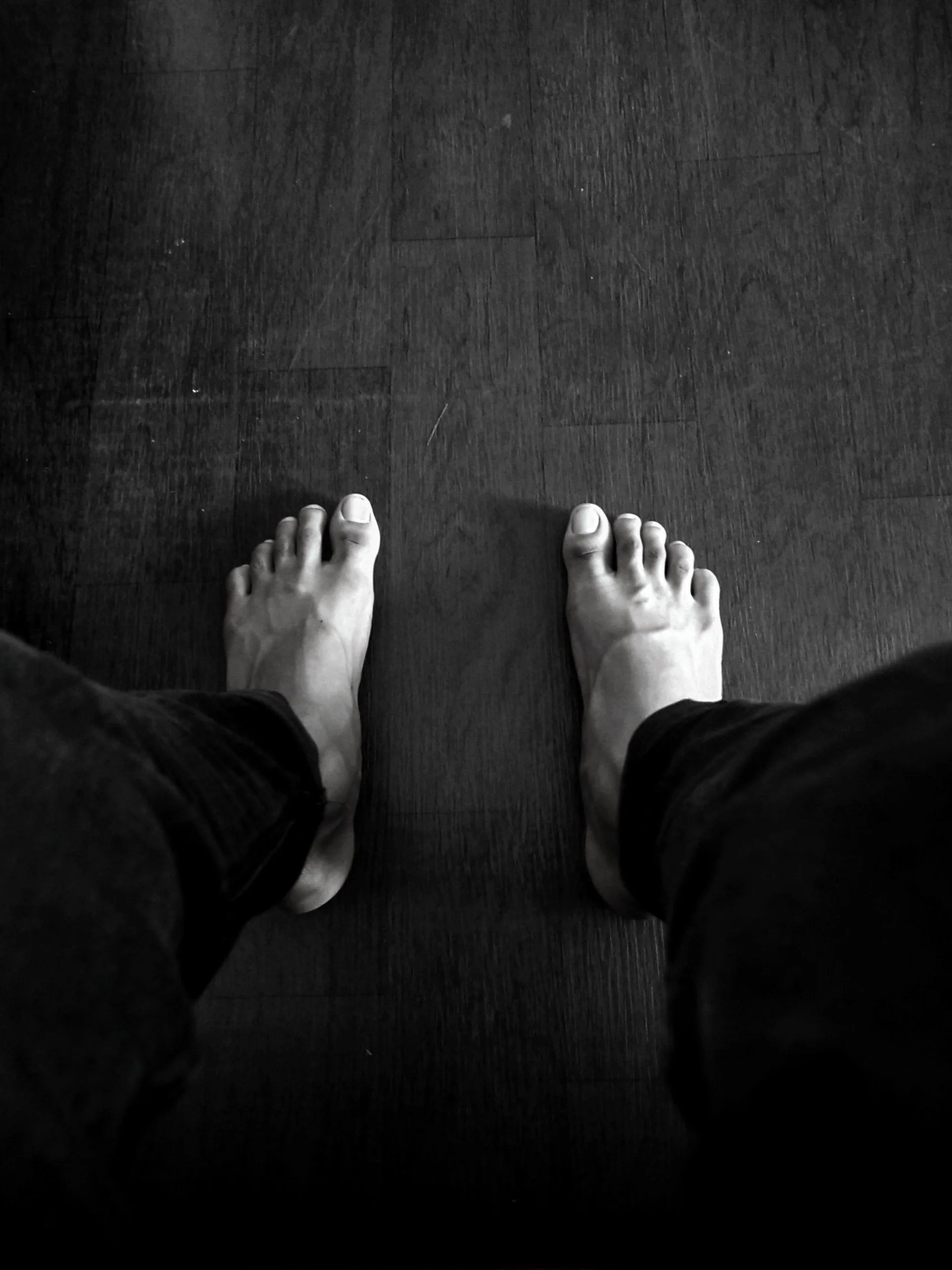Diabetes is a metabolic disease that has been affecting people all over the world for many years now. The number of people with diabetes is increasing day by day, and this has led to an increase in the number of cases related to diabetic feet. So, what are the signs of diabetic feet? Keep reading to find out!
Changes in skin color
One of the earliest signs of diabetic feet is a change in skin color. The skin may become darker, especially around the heel and ankle. The feet may also feel colder to the touch. This happens because diabetes can interfere with the blood flow to the feet.
Changes in skin temperature
People with diabetes may experience a change in skin temperature on their feet. The feet may feel colder to the touch than other parts of the body. This happens because diabetes can damage blood vessels, which can interrupt blood flow and cause a loss of feeling in the feet. This makes it difficult to identify injuries or problems early on, so it’s important to check your feet regularly for any changes.
Swelling in the foot or ankle
Swelling in the foot or ankle is a common sign of diabetic feet. The feet may also feel hot and tender to the touch. The skin on the bottom of the feet may also be dry and cracked. If you have any of these symptoms, see your doctor right away.
Pain in the legs
People with diabetes may experience pain in their legs. The pain may be a result of neuropathy, which is nerve damage caused by diabetes. The feet are often affected by neuropathy, and this can lead to concerns such as wounds, ulcers, and infection.
Open sores on the feet that are slow to heal or are draining
People with diabetes are at risk of developing foot ulcers. These open sores on the feet can be slow to heal or may drain pus. The feet may also be swollen and/or numb. If you have any of these signs, see your doctor right away.
Ingrown toenails or toenails infected with fungus
If you have diabetes, it’s important to watch for signs of foot problems. The feet are at risk for a number of issues, including ingrown toenails or toenails infected with fungus.
If you notice any of the following signs, see your doctor right away:
- Foot pain, especially if it’s severe or doesn’t go away
- Redness, swelling, or drainage from a wound
- Blisters or ulcers on your feet
- Cracks in the skin
- Numbness or tingling in your feet
The sooner you catch concerns with your feet, the less likely they are to become serious. So don’t delay in getting help if you’re concerned about your feet.
Corns or calluses
Corns and calluses are common issues that can develop on the feet of people with diabetes. These thickened areas of skin can become painful if they are rubbed or squeezed. The skin may also be dry, cracked, or inflamed.
Dry cracks in the skin, especially around the heel
These are usually a sign that the skin is becoming dry and brittle, which can lead to more serious concerns like an infection. If you notice any cracks in your skin, it’s essential to start moisturizing the area more frequently. You can also talk to your doctor about prescription creams that can help heal the skin.
Another common sign of diabetic foot is a change in the nails. The nails may become thickened, yellowed, or brittle. They may also start to pull away from the nail bed.
If you notice any changes in your nails, be sure to mention them to your doctor. They can prescribe treatment that can help improve the condition of your nails.
Foot odor that is unusual or won’t go away
If you have diabetes, it’s important to watch for changes in your feet. Foot odor that is unusual or doesn’t go away can be a sign of a problem. See your doctor if you have any concerns. Other signs of diabetic feet include:
- Changes in skin color
- Sores or infections that won’t heal
- Numbness or tingling in the feet
- Pain in the feet or legs
- Cracks, blisters, or ulcers on the feet
Conclusion
Diabetes can affect any part of the body, and one of the most common complications is damage to the feet. The good news is that if you catch issues early, they can often be treated successfully. So it’s essential to know what to look for when it comes to signs of diabetic feet. The Feet People are here to help – we’re the experts when it comes to foot care!
If you have diabetes, it’s essential to see a podiatrist at least once a year. The Feet People are experienced in treating all types of foot concerns, and we can help you keep your feet healthy.
Who is the author?
Alex Chapman is a passionate thought leader. His passion and knowledge in Business and Finance made him a highly regarded contributor, providing valuable insights to his readers. He is a bookworm, and you will see him discussing current events in his spare time.
Main Photo by Srinivas Reddy on Unsplash



